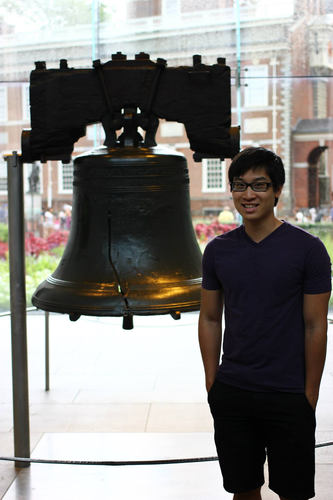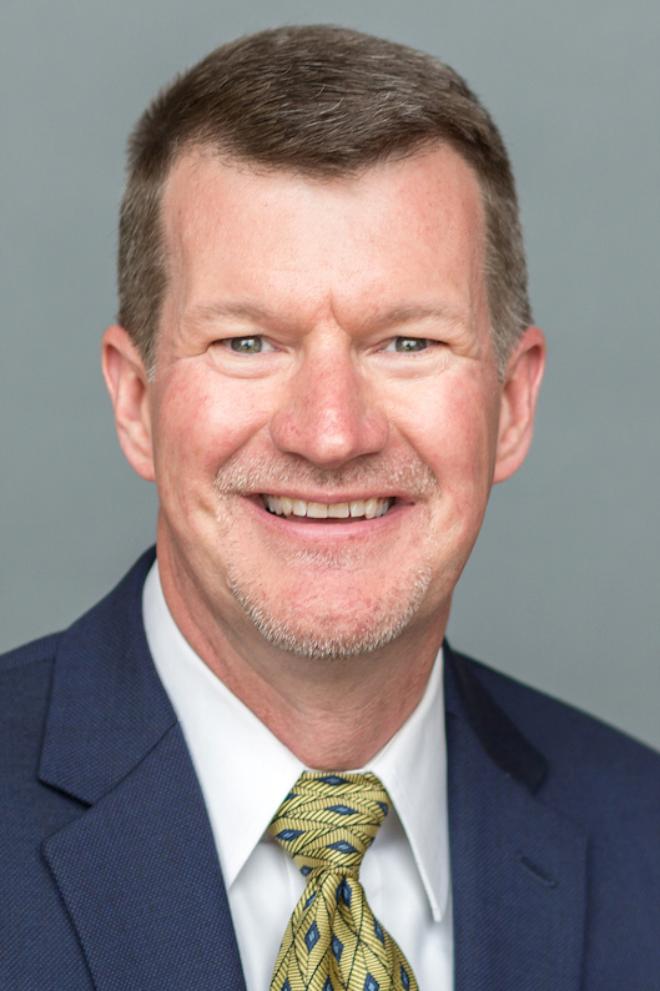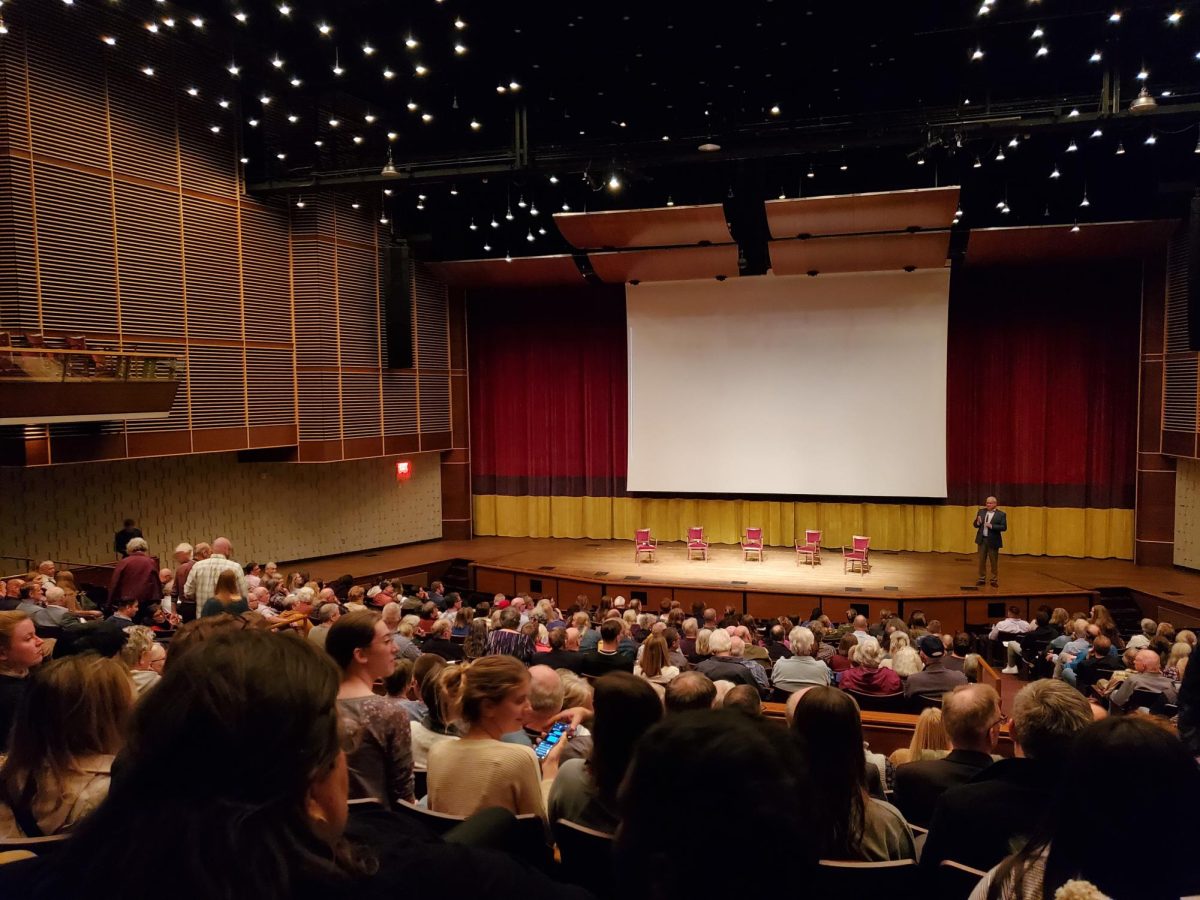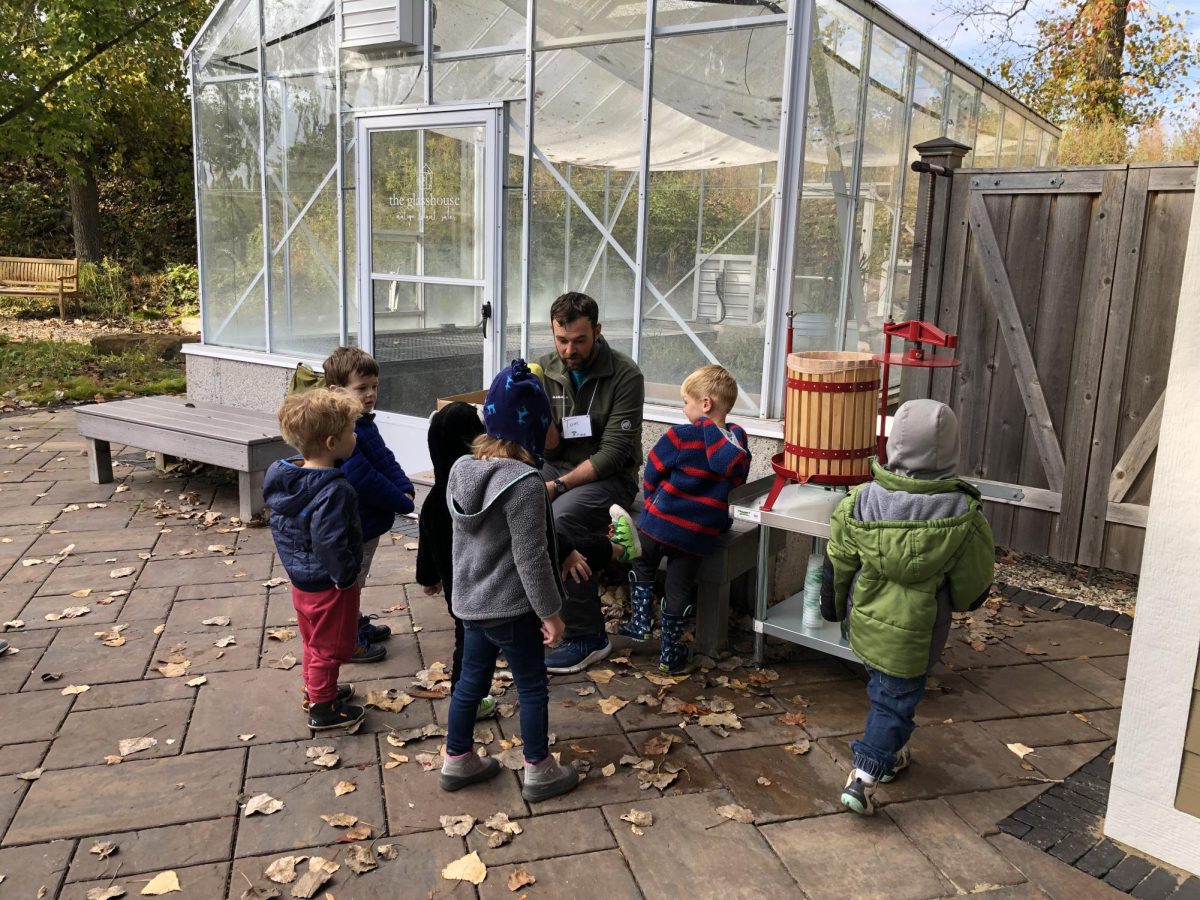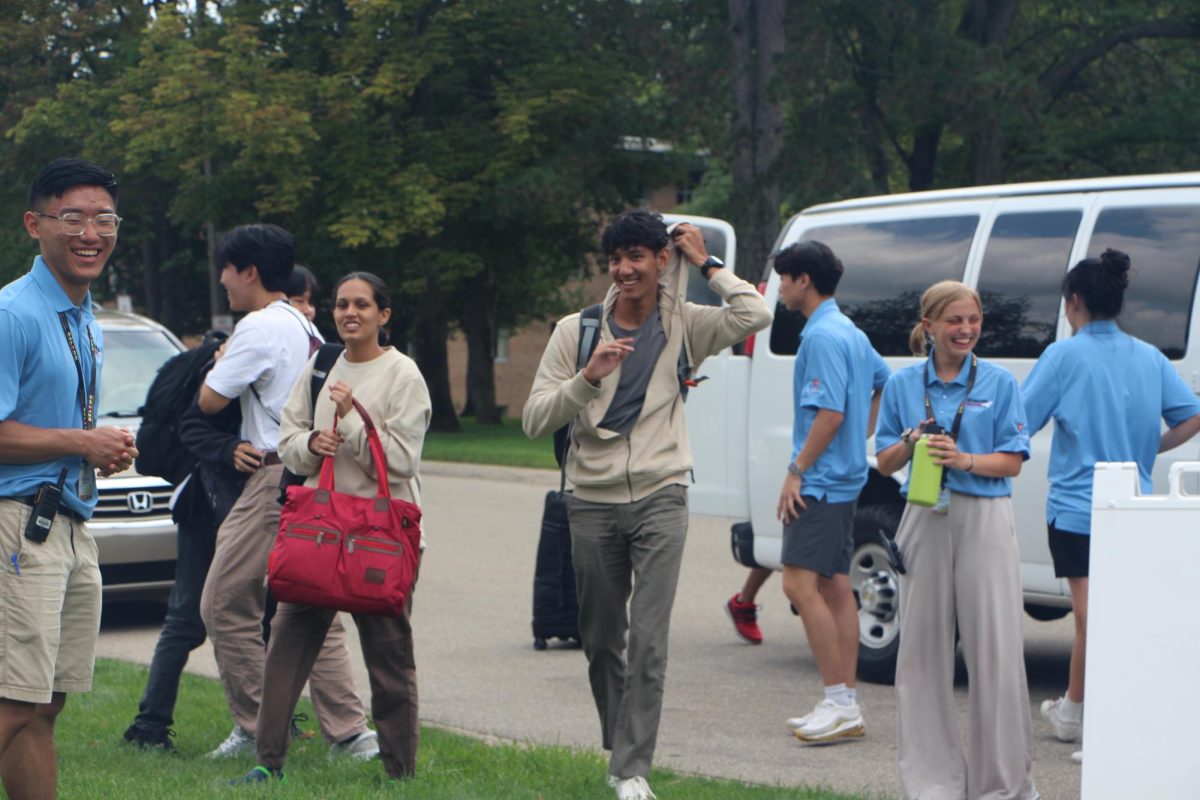Not too long ago — at a dinner with friends — I was asked where I was from. I calmly responded that I am from Indonesia. After some short conversation my friend proceeded to ask, “I hope you won’t find this offensive, but how do you speak English so well?” Upon hearing that question I laughed and replied that I grew up in the U.S. for nearly eight years before spending the next decade in an international school in Jakarta.
This was not the first time I have been asked this question. Countless times I get the bewildered expression when a newly introduced stranger remarks how fluent my English is and I in turn explain once more the story behind the accent. In fact, I was recently introduced to a fellow Indonesian who asked me if I spent any time in Indonesia at all. In contrast to the majority of international students, my fluent American accent throws off any hint of the possibility that I am not from this land. When it comes down to it I am just another third culture kid, born in Indonesia to an Indonesian family who grew up in Philadelphia for a significant part of my childhood, returned to my home country and am now in Grand Rapids for my third year of college.
For those of you who may not know what this means, a third culture kid (TCK) is a term coined by sociologist Ruth Hill Useem which refers to an individual who has spent a significant number of years outside their parents’ culture. Unlike many TCKs I am not a missionary kid, a military brat or from a business family; rather I was in Philadelphia for the bulk of my time as my dad completed his masters and doctorate studies.
When you ask many missionary kids where they are from, you might find that that student is unable to name a specific nation as a result of living in multiple places. Fortunately in my case, I simply have the option of two hometowns: Philadelphia and Jakarta. Though I would ultimately call Indonesia home due to my passport, I have at times replied Philadelphia for the fun of it because it was that convincing to pass as a citizen from either country.
A common difficulty that TCKs experience is the identification of a sense of belonging. Since English is my first language, when I returned to Indonesia I was confronted with the challenge of being labeled as a foreigner in my own motherland. My inability to speak fluent Indonesian had alienated myself from my fellow countrymen.
When I started fresh in college I was able to quickly transition from being labeled as an international student because of my fluency in English. If you never asked, you may have never realized that I was international. A question on a recent survey I distributed to co-workers regarding my origins revealed that my American colleagues who were unaware of my citizenship chose Asian-American as my ethnic group rather than solely Asian. Many of my friends have told me that if they never knew where I was from they would have assumed that I was Asian-American from the way I speak and behave.
Nevertheless, I remain an outsider to any American because I didn’t entirely grow up in this land. Although my lifestyle, culture and accent allowed me to fit in, I wasn’t familiar with many of the terms, brands and sayings. I grew up in a different world than them yet I was still able to cling on and fit in. Likewise, I was a foreigner in Indonesia, growing up with a western background and education and carrying an accent in the language. So where do I really belong? In reality this confusion is the essence of being a TCK — the lack of a sense of belonging. The thought of a future here or there has remained a pressing issue that I have not yet decided on. After being here for nearly three years, this place has steadily become more and more a home.
Here at Calvin I share this identity with dozens of students who have experienced a similar or more diverse background. As TCKs we more readily accept other cultures, having gone through a plethora of engagements with various other cultures ranging from an individual like myself who lived in both eastern and western cultures to a missionary kid who may call five different countries home. At Calvin we embrace both sides of the spectrum. For TCKs, we shift easily between groups of internationals and Americans and are able to easily adapt and participate in either group. At Calvin we are everywhere; we take out the international part of ourselves when we are with others like us, and we can embrace our roots and heritage during those international-themed events while reflecting a different personality elsewhere.
We, the prototype citizens of the future (according to sociologist Ted Ward), are given a gift and a blessing. We have been gifted with the opportunity of swimming through a pool of multicultural diversity. We have been given the capacity to become leaders in a community, a bridge for both parties. At Calvin I have learned to employ that gift in my participation at Chimes by bringing out the diverse stories we have at Calvin.
Khushboo Gulabrai, a junior at Calvin and fellow TCK, also comes from a diverse background. She is an Indian from Singapore who lived in Korea and is now living in the U.S. Her story reflects a journey that many third culture students, including myself, share.
“While most third culture kids constantly move around, adapting in new environments, I have stayed in one place my whole life,” said Gulabrai. “Being born and raised in Seoul, I have always found that to be my home; however, Koreans obviously think of me as a foreigner. I constantly found myself having to make new friends because all my friends would move every year. While they were able to move to a different place and start anew, I was stuck to make new friends in an old place. I was in an environment where I didn’t look like anybody.”
Coming into Calvin, Gulabrai talks about how the change exacerbated her already confused identity.
“A lot of third culture kids, including myself, find themselves dealing with the issue of displacement. They don’t see their belonging in the world and have a hard time defining home. They don’t know where they should go after their education or even during summer break. They struggle maintaining friendships because they have friends all over their world. It’s like being in a constant long distance relationship with everyone you love and care about,” she said.
Though living as a third culture kid brings forth an exciting prospect of immersing oneself into a pool of different cultures, there remains a downside.
“I’ve found it difficult to accept that I have no place I can call home,” said Gulabrai. “I’ve struggled with the uncertainty of not knowing where my parents are going to be in the future, where I’m going to be, where I can get a job, what visa I need to work here and there.”
Like Gulabrai and many others, third culture kids have learned to embrace the unique identity that we have been blessed with. We carry the experiences of our life journey close to our hearts and it is those experiences and opportunities that have formed who we are today. Wherever we are, we have learned to make that place our home.
“It’s scary not having a physical place we can call home,” said Gulabrai. “But at the same time, third culture kids have learned that home isn’t a place — it’s the people in it.”



